Below is a list of recently identified external funding opportunities from the
National Science Foundation (NSF). These are provided by an external consulting partner. Please ensure you review each program carefully for full program/eligibility details. If anything listed here is considered a
Limited Submission Opportunity (LSO) please contact
VPRGrants@utah.edu for assistance/information on the internal selection process.
| Collaborations in Artificial Intelligence and Geosciences |
| Sponsor |
National Science Foundation (NSF) |
| ID Number/Solicitation Link |
NSF-25-530 |
| Application Due Date |
April 2, 2025 |
| Summary |
The Collaborations in Artificial Intelligence and Geosciences (CAIG) program seeks to advance the development and adoption of innovative artificial intelligence (AI) methods to increase scientific understanding of the Earth system. The program supports projects that advance AI techniques and/or innovative uses of sophisticated or novel AI methods to enable significant breakthroughs in addressing geoscience research question(s) by building partnerships between experts in AI and Geosciences. The key characteristic of a CAIG project is its potential to both answer important geoscience questions and improve AI techniques while also bringing together experts from both the AI and geoscience fields. |
| Findable Accessible Interoperable Reusable Open Science |
| Sponsor |
National Science Foundation (NSF) |
| ID Number/Solicitation Link |
NSF-25-533 |
| Application Due Date |
April 9, 2025 |
| Summary |
The FAIROS Program seeks to support a broad range of transformative open science activities including but not limited to i.) Research, education, and socio-technical cyberinfrastructure development capacities that advance sustainable multi-disciplinary findable, accessible, interoperable, reusable (FAIR) research data management (RDM) and open science capabilities, ii.) Piloting new models of scientific communication and publication that improve efficiency and accessibility, iii.) Developing FAIROS data portals, research data commons, RDM as a national service, and iv.) Lowering barriers to accessing, curating, integrating, linking, managing, sharing, and storing data across many disciplinary domains, irrespective of data size. The program supports innovation across the cyberinfrastructure (CI) ecosystem to address accessibility, data curation, research data management, discoverability, reliability, reproducibility, preservation, sustainability, and utility of research products, including data software, and code, developed as part of funded projects. |
| Cybersecurity Innovation for Cyberinfrastructure |
| Sponsor |
National Science Foundation (NSF) |
| ID Number/Solicitation Link |
NSF-25-531 |
| Application Due Date |
April 2, 2025 |
| Summary |
The objective of the Cybersecurity Innovation for Cyberinfrastructure (CICI) program is to advance scientific discovery and innovation by enhancing the security and privacy of cyberinfrastructure. CICI supports efforts to develop, deploy and integrate cybersecurity that will benefit the broader scientific community by securing science data, computation, collaborations workflows, and infrastructure. CICI recognizes the unique nature of modern, complex, data-driven, distributed, rapid, and collaborative science and the breadth of infrastructure and requirements across scientific disciplines, practitioners, researchers, and projects. |
| Materials Research Science and Engineering Centers |
| Sponsor |
National Science Foundation (NSF) |
| ID Number/Solicitation Link |
NSF-25-532 |
| Application Due Date |
Preliminary Proposal: June 23, 2025
Full Proposal: November 24, 2025
Important Note: This is a Limited Submission Opportunity (LSO). An institution may only submit 1 application to the NSF for this opportunity. The Office of the VPR has already launched an internal competition to select the 1 allowable application from the University of Utah. If you are considering applying to this opportunity, you must apply to the internal competition and be selected to proceed. More information and link to internally apply is HERE. |
| Summary |
The Materials Research Science and Engineering Centers (MRSECs) program provides sustained support of materials research and education of the highest quality while addressing fundamental problems in
science and engineering. Each MRSEC addresses research of a scope and complexity requiring the scale, synergy, and multidisciplinary provided by a campus-based research center. The MRSECs support materials research infrastructure in the United States, promote active collaboration between universities and other sectors, including industry and international organizations, and contribute to the development of a national network of university-based centers in materials research, education, and facilities. |
